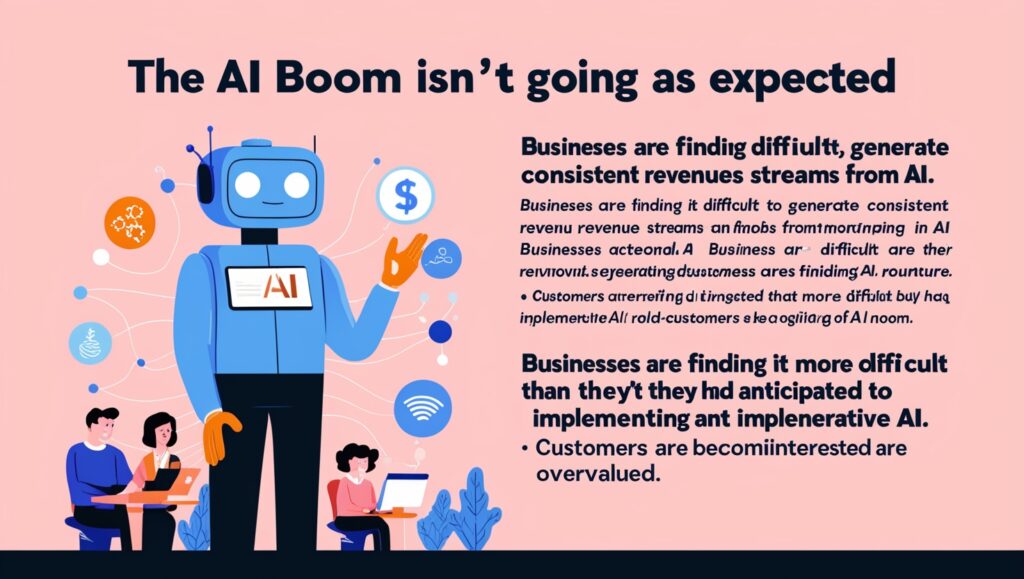MedLM, a collection of new AI models tailored to the healthcare industry that Google unveiled on Wednesday, is intended to support researchers and clinicians in conducting intricate studies, summarizing interactions between patients and doctors, and other related tasks.
With rivals like Amazon and Microsoft vying for market share, Google’s move represents the company’s most recent attempt to commercialize AI solutions for the healthcare sector. Experts say there is a genuine chance for impact, even though companies like HCA Healthcare that have been testing Google’s technology are taking precautions to ensure a safe implementation.
A large and a medium-sized AI model are part of the MedLM suite. They are both based on Med-PaLM 2, a large language model that Google first unveiled in March and was trained on medical data. The medium-sized model is less expensive to run, according to Google, but the cost of the AI suite varies based on how businesses use the various models. It is generally available to qualified Google Cloud customers in the U.S. starting on Wednesday.
In the future, Google said, it intends to roll out MedLM-specific versions of Gemini, the business’s newest and “most capable” AI model.
Google Cloud’s global director of health-care strategy and solutions, Aashima Gupta, reported that the company discovered that various medically customized AI models are more effective at performing specific tasks than others. Google made the decision to launch a range of models rather than attempting to create a “one-size-fits-all” remedy because of this.
For example, Google claimed that its more large MedLM model is more effective at handling complex tasks requiring extensive computational power and in-depth knowledge, like conducting a study with patient data from every member of a health-care organisation. However, Gupta says the medium-sized model should perform better if businesses require a more flexible model that can be tailored for particular or real-time tasks, like summarizing a patient-doctor interaction.
Google first claimed that Med-PaLM 2 could be used to address queries such as “What are the first warning signs of pneumonia?” when the technology was first unveiled in March. along with “Can incontinence be cured?” However, according to Greg Corrado, head of Google’s health AI, the use cases have changed as the company has tested the technology with actual customers.
According to Corrado, Google hasn’t received many requests for “accessible” questions concerning the nature of diseases from customers because clinicians don’t frequently need assistance with them. Rather, AI is frequently requested by health organizations to assist in resolving more logistical or back-office issues, such as paperwork management.
According to Corrado, they want something that is assisting them with the actual slowdowns and pain spots in their workflow that only they are aware of.
For example, since the spring, one of the biggest health systems in the United States, HCA Healthcare, has been testing Google’s AI technology. In August, the business formally announced a partnership with Google Cloud with the goal of leveraging the latter’s generative AI to enhance workflows for labor-intensive jobs.
HCA’s senior vice president of care transformation and innovation, Dr. Michael Schlosser, stated that MedLM has been used by the organization to assist emergency medicine doctors in automatically recording their patient interactions. For example, HCA transcribes doctor-patient meetings using an ambient speech documentation system from Augmedix. The transcripts can then be divided into the sections of an ER provider note using Google’s MedLM suite.
Schlosser stated that HCA has been implementing MedLM in four hospitals’ emergency rooms, and the company plans to increase its use in the coming year. Schlosser anticipates that by January, Google’s technology will be able to generate more than half of a note successfully without assistance from providers. Schlosser stated that doctors can devote as much as four hours a day to administrative paperwork; therefore, saving them time and effort is significant.
Schlosser stated that HCA has been implementing MedLM in four hospitals’ emergency rooms, and the company plans to increase its use in the coming year. Schlosser anticipates that by January, Google’s technology will be able to generate more than half of a note successfully without assistance from providers. Schlosser stated that doctors can devote as much as four hours a day to administrative paperwork; therefore, saving them time and effort is significant.
That’s been a significant advancement for them. At this rate, they believe that before humans perform the review and editing, the AI will be able to generate more than 60% of the notes accurately on its own.
Schlosser stated that HCA is also developing a nurse handoff tool using MedLM. The device has the ability to scan an electronic health record and find pertinent data that nurses can forward to the next shift.
It would be “powerful” to automate the handoff process because it is “laborious” and a major source of discomfort for nurses, according to Schlosser. About 400,000 handoffs are performed by nurses each week among the hospitals owned by HCA, and two of those hospitals have been testing a nurse handoff tool. According to Schlosser, nurses compare an AI-generated handoff side by side with a traditional handoff and offer comments.
MedLM is not perfect, though, as HCA has discovered with both use cases.
According to Schlosser, one major challenge with AI models is their tendency to produce inaccurate results. To address this, HCA has been collaborating with Google to develop best practices that reduce the likelihood of false positives. Token limits, which limit the volume of data that can be fed into the model, and maintaining the AI over time have been additional difficulties for HCA, he continued.
Schlosser stated that the current hype around the use of these AI models in health care is outstripping the reality. No one has really let these models loose in the health-care systems on a large scale because everyone is battling this issue.
Nevertheless, according to Schlosser, providers have responded well to MedLM thus far and are aware that they are not yet using the final product. He claimed that in order to prevent endangering patients, HCA is making a lot of effort to deploy the technology responsibly.
He said, they are approaching these AI models very cautiously. Those use cases, in which the model outputs could influence a patient’s diagnosis or course of treatment, are not being used.
In the future, Google intends to roll out MedLM-specific versions of Gemini. Following the launch of Gemini earlier this month, the company’s shares surged by 5%; however, Google came under fire for its demonstration video, which was not recorded in real time.
The video is an illustrative depiction of the possibilities of interacting with Gemini, based on actual multimodal prompts and testing results, Google said in a statement. When Gemini Pro becomes available on December 13, they are excited to see what users come up with.
Google executives Corrado and Gupta stated that Gemini is still in its infancy and that before the model is implemented more widely through MedLM, it must be tried and tested with patients in controlled medical environments.
After testing Med-PaLM 2 with the clients for several months, they feel confident enough to include it in MedLM, according to Gupta. Gemini will behave in the same manner.
HCA is “very excited” about Gemini, according to Schlosser, and the company is already formulating plans to test the technology. They believe that when they get it, it might provide them with an even higher level of performance.
BenchSci is another company that has been using MedLM. Its goal is to use AI to solve drug discovery problems. BenchSci is backed by Google, and for the past few months, the business has been testing its MedLM technology.
The CEO and co-founder of BenchSci, Liran Belenzon, stated that the company has combined MedLM’s AI with BenchSci’s own technology to assist scientists in identifying biomarkers, which are essential for comprehending the course of a disease and potential treatments.
According to Belenzon, the business invested a significant amount of time in validating and testing the model, as well as informing Google of any enhancements that were required. Belenzon stated that BenchSci is currently working on expanding the technology’s market reach.
According to him, in an interview, “MedLM doesn’t work out of the box, but it helps accelerate your specific efforts.”
According to Corrado, work on MedLM is still in progress, but he anticipates that Google Cloud’s health-care clients will be able to customize models for a variety of internal use cases. Google will keep creating domain-specific models that are more compact, affordable, quicker, and more effective, he continued.
Similar to BenchSci, MedLM was “over and over” tested by Deloitte prior to being made available to healthcare clients, according to Dr. Kulleni Gebreyes, head of the company’s life sciences and health care consulting practice in the United States.
Deloitte is assisting health systems and health plans in responding to member inquiries regarding care access by leveraging Google’s technology. For example, if a patient needs a colonoscopy, they can use MedLM to find providers based on eligibility requirements such as location, gender, or benefit coverage.
According to Gebreyes, clients have found MedLM to be accurate and efficient; however, similar to other models, the AI’s ability to interpret a user’s intent is not always flawless. According to her, patients who use other colloquial terms or don’t know the correct spelling or word for a colonoscopy can present difficulties.
In the end, Gebreyes stated, this does not replace a diagnosis from a qualified specialist. It increases accessibility and draws expertise closer.









